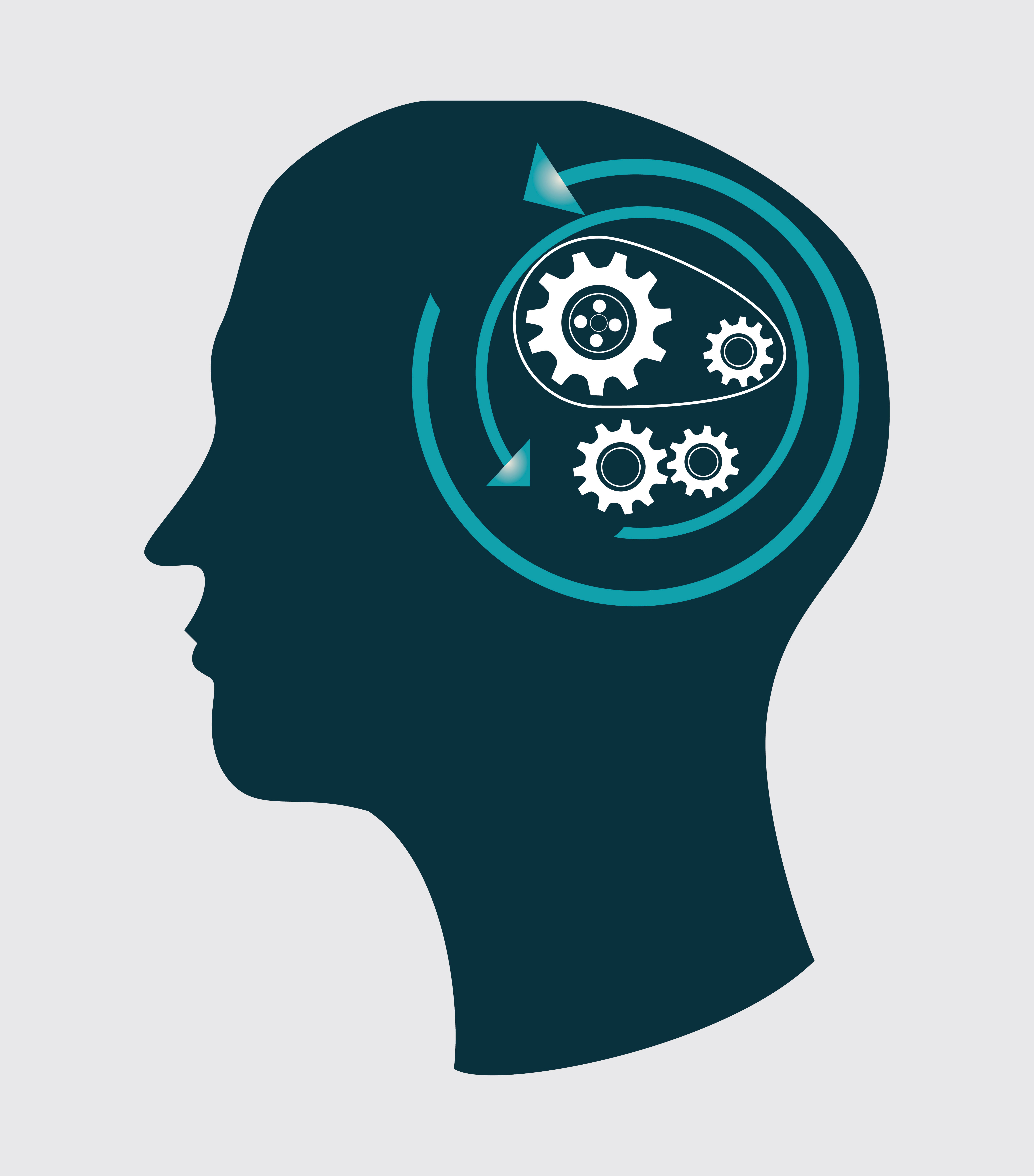
Cognitive Behavioral Therapy (CBT) is a structured approach that focuses on the relationship between thoughts, behaviors, and emotions. With CBT, individuals learn to identify and challenge thinking patterns with the goal of replacing them with more realistic and adaptive thoughts, reducing emotional distress and self-defeating behavior. This style of therapy is action-oriented, requiring you to take active steps and do homework to practice behaviors and thought patterns discussed during sessions. It is particularly effective for treating anxiety, depression, panic attacks, and stress management.
When compared to therapies like Dialectical Behavior Therapy (DBT) or Acceptance and Commitment Therapy (ACT), CBT is generally more focused on problem-solving and less on emotional and mindfulness strategies. While DBT and ACT involve mindfulness, emotional regulation skills, and exploring values, CBT primarily focuses on the cognitive (thoughts) and behavioral aspects of therapy. CBT can be especially beneficial if you prefer a structured and direct approach to therapy that provides clear strategies and practical tools to address specific psychological problems.